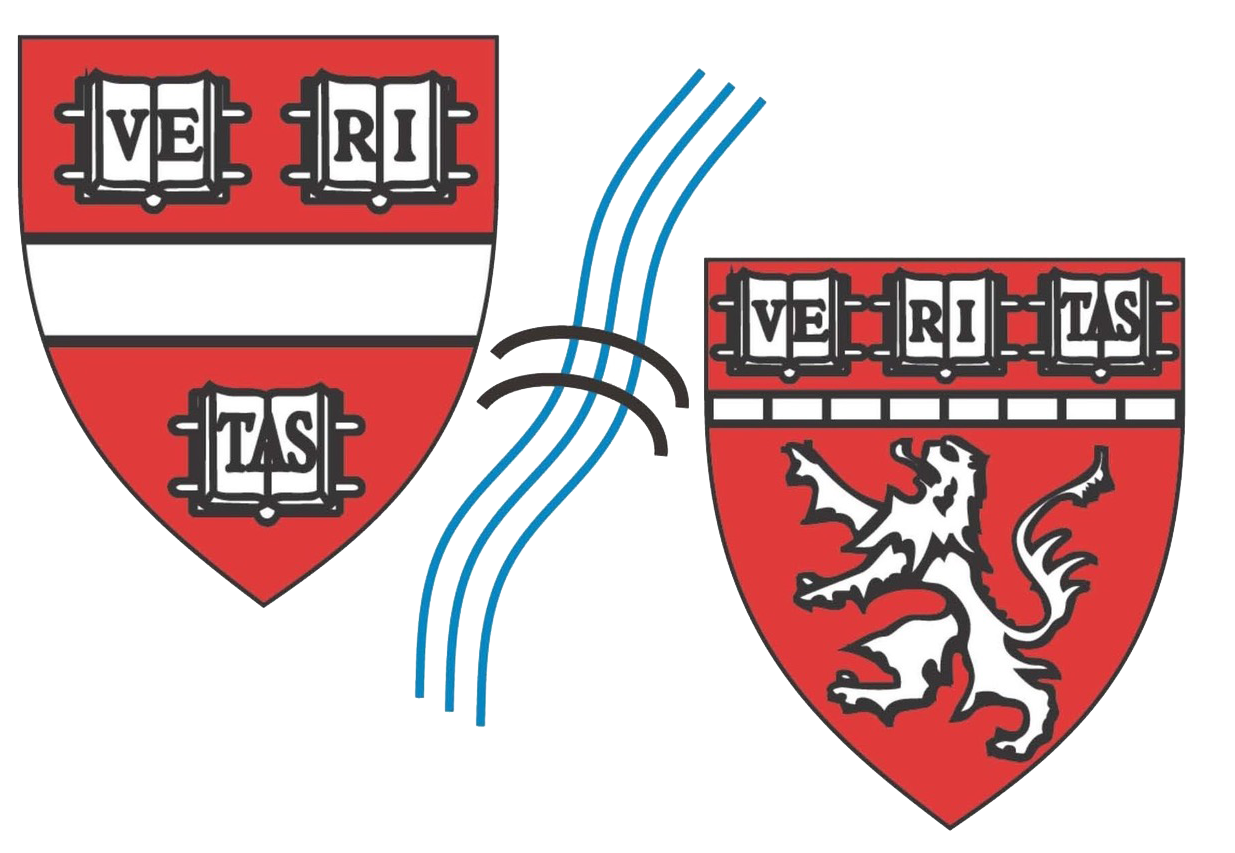Benjamin M. Stinson
Department of Radiation Oncology

My laboratory is interested in the molecular mechanisms of DNA repair pathways that ensure genome stability and suppress tumorigenesis.
We are especially interested in the homologous recombination (HR), which is an essential pathway for the repair of DNA double-strand breaks (DSBs). Defects in HR factors, including BRCA1 and BRCA2, are key determinants of breast, ovarian, and prostate cancer development and response to genotoxic therapeutics. Therefore, it is critical to understand the detailed molecular mechanisms of HR. We employ complementary biochemical and biophysical approaches to dissect these mechanisms, using Xenopus laevis egg extracts as a model system. These extracts are physiologically complex and have the remarkable ability to recapitulate complicated genome maintenance pathways, including HR, in a cell-free system that is biochemically and biophysically tractable.
We are developing single-molecule Förster resonance energy transfer (smFRET) approaches to monitor the repair of DSBs by HR in real time in egg extracts. These experiments will allow investigation of key, transient intermediates during the HR reaction. A current priority is investigating the displacement loop (D-loop) intermediate, which has been difficult to observe using conventional biochemical and cell biological approaches. D-loops form during HR when the broken chromosome invades its sister chromatid, which serves as a homologous template to direct repair. We are using smFRET to visualize D-loop formation, extension, and disruption. Concurrently, we are investigating which factors control these D-loop dynamics and how they contribute to HR efficiency and fidelity. Additionally, we are using mass spectrometry proteomics to identify novel HR factors.
